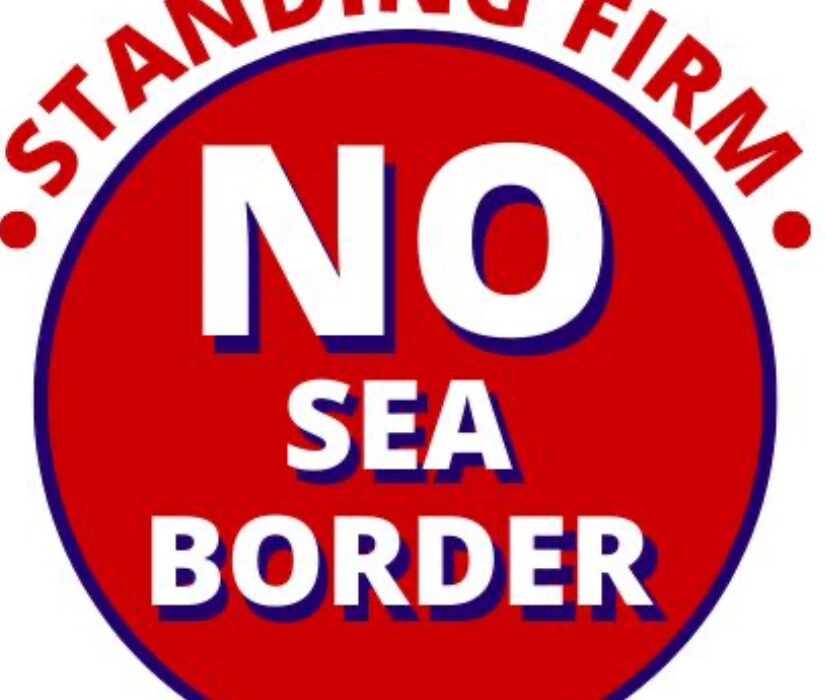Jim Allister KC MP has responded to the publication of the NISRA Trade Statistics for 2023 this morning stating:
“In the Protocol debate at Stormont last night Timothy Gaston asked why the Assembly had not waited for the publication of the new trade figures that were coming out today given that they must throw light on the impact of the Windsor Framework and its Irish Sea border.
“Having looked at the figures, it is now clear why some people were so keen that the debate took place yesterday, rather than today or later.
“As Dr Esmond Birnie, Senior Economist at Ulster University has pointed out, when one looks at the NI trade data released this morning in the context of data over the last three years of the Protocol it shows that our purchases from the Republic of Ireland grew at twice the rate of those coming in from GB.
“Dr Birnie has said ‘this is highly indicative of trade diversion.’
“This is of great importance for two reasons:
“First, Article 16 of the Windsor Framework makes it clear that trade diversion is recognised as such a serious problem that it a ground for recognising that the Framework is failing in its own terms, let alone any others, and for engaging in a process that could end up in derogating from the treaty.
“Second, the decision of the authorities to push for a vote on the Windsor Framework to approve it for 4 more years, when just twelve and a half hours later data would be published that is highly indicative of the fact that it is failing within its own terms, suggests an establishment that is prepared to do whatever it needs to do to get its way. Not content with silencing unionists by gerrymandering the vote, denying them the protection afforded nationalists for over fifty years (the ban on majority voting on matters of controversy) and without which the motion would not have passed, we also have been subject to the gerrymandering of the facts.
“Moreover, these figures must be read in the context of appreciating that they only take us to the end of 2023 and the grace period arrangement for SPS goods was only replaced with the Irish Sea Border from October 2023 and so these figures cannot allow for the significant changes since that point. We must also be aware that some of the most significant changes still lie ahead of us including the arrival of the General Product Safety Regulation from Friday, the introduction of the Red Lane for parcels from March 2025 and the removal (unless a deal is done) of 40 to 50% of vet meds from 1 January 2026. We also have to factor into this recognition that until the border control posts are completed and functional, from July 2025, no one will really know what the impact of the Irish Sea Border is.
“One of the really striking things about the figures is that our service sector – the part of the economy not impacted by the Windsor Framework – is prospering. The area of our economy that is doing markedly less well is the part to which the Irish Sea border relates, goods. In this regard it is also notable that while our exports to the rest of the EU (excluding ROI) increased by just 4.9% in 2023, our exports in goods to the rest of the world increased by nearly 20%. When it comes to goods we need to think globally and not sacrifice our ability to develop our trading relationship with the world out of regard for the EU which is not performing well at present.
“These trade figures again serve to underline the importance of finding a practical solution to the challenge of protecting the integrity of the EU single market for goods and the integrity of the UK single market for goods. The only practical way forward is to adopt the EU’s own solution, Mutual Enforcement, as set out in my EU (Withdrawal Arrangements) Bill which has the first part of its Second Reading last Friday. The Government should adopt my Bill.”

